Sustainable mobility: Toyota joins Coca-Cola and Air Liquide for heavy duty hydrogen fuel cell truck test programme
Toyota has started testing a new hydrogen fuelled truck with Coca-Cola as part of the drinks company’s supply operations.
The truck’s fuel cell system uses modules which combine hydrogen and oxygen molecules to produce water, simultaneously generating electricity. As a result, water is the only tailpipe emission. The system offers the further benefit of fast refuelling.
Air Liquide is supplying the project with hydrogen sourced from renewables.
Toyota aims to support the decarbonisation of heavy duty road transport with its hydrogen truck projects.
Heavy duty haulage accounts for a quarter of Europe’s freight transport, based on tonnes-per-kilometre carried. Commercial trucks’ usage patterns and their demand for large volumes of hydrogen make them key contributors to the development of sustainable hydrogen infrastructures.
Eric Desbonnets, Vice President Paris 2024 Operations, Coca-Cola, says: “We are pleased to partner with Toyota and Air Liquide to test hydrogen solutions for our long distance logistics operations. We want to learn from this experience as we continue to work towards reducing our carbon footprint.”
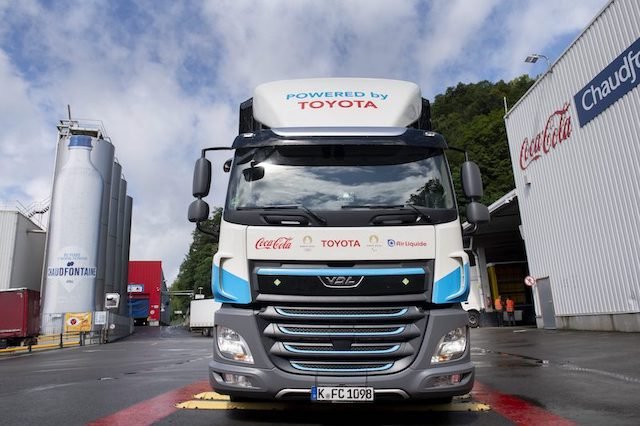
Erwin Penfornis, Vice President Hydrogen energy World Business Line, Air Liquide: says: “Air Liquide shares the same ambition as Coca-Cola and Toyota: implementing concrete solutions to meet the challenge of energy transition.”
“This collaborative project is part of such an approach and will demonstrate the relevance of hydrogen for heavy duty mobility. With a growing call for products with a low carbon transportation footprint, hydrogen is particularly well suited to long-distance transportation, providing flexibility and productivity.”
Thiebault Pacquet, Vice President R&D, Toyota Motor Europe, comments: “To help speed up the expansion of hydrogen technology implementation in our society, we are expanding the use of our Toyota Fuel Cell Module beyond passenger cars and into trucks, buses, coaches, trains, boats, near-shore and short-sea vessels, stationary generators and so on.”
“It is a great pleasure to collaborate with like-minded partners and demonstrate our shared vision of sustainable mobility. The insights gained from these proofs-of-concept will serve as crucial milestones on our path towards achieving zero tailpipe carbon emissions in our logistics operations by 2040.”














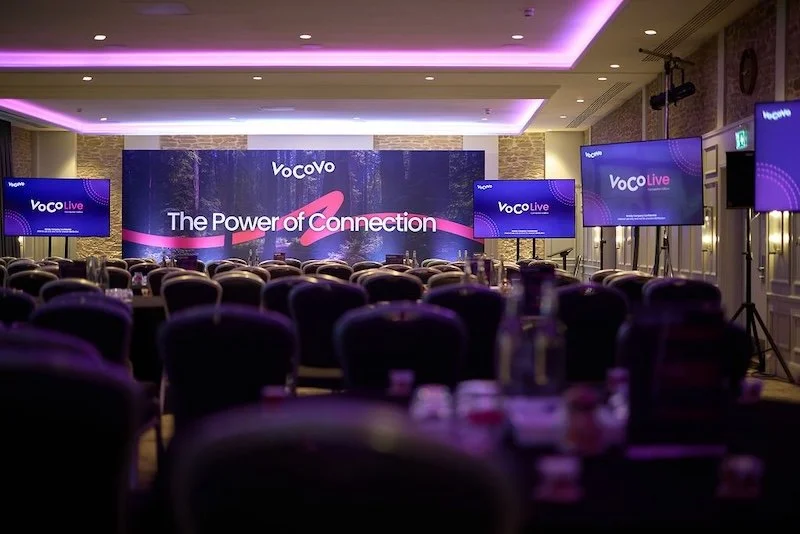


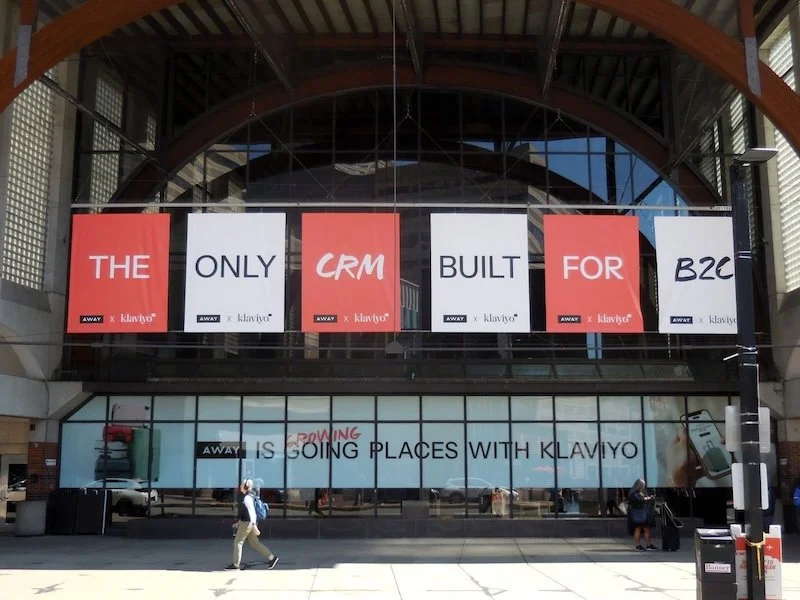



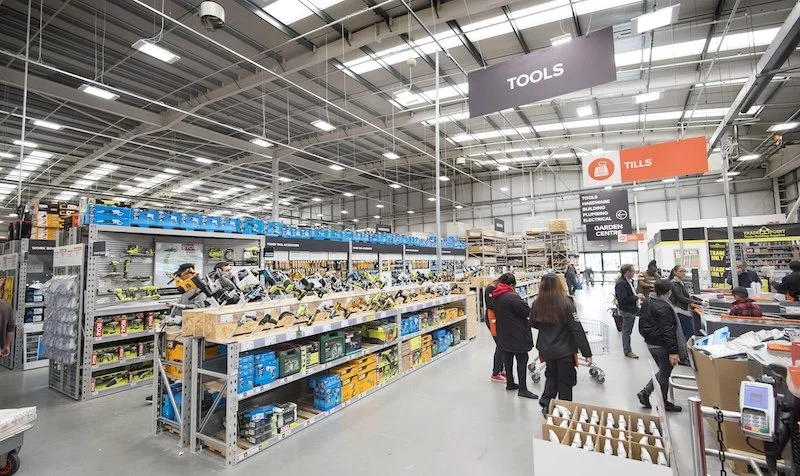

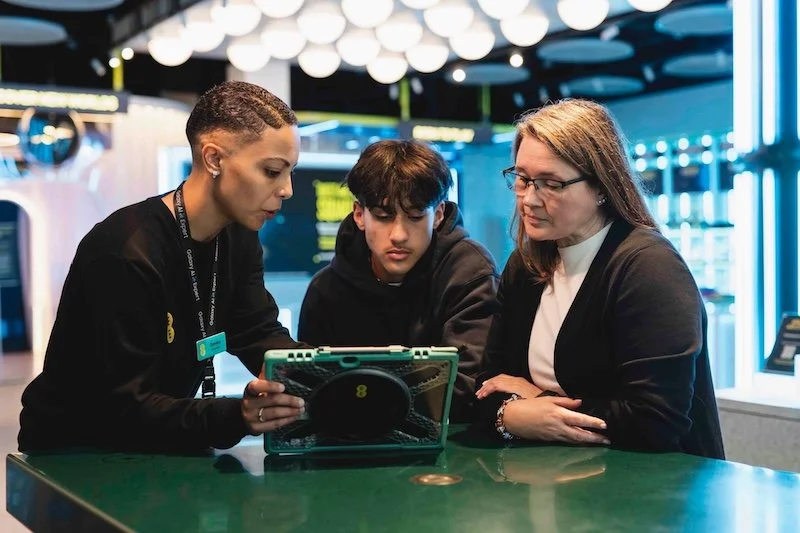



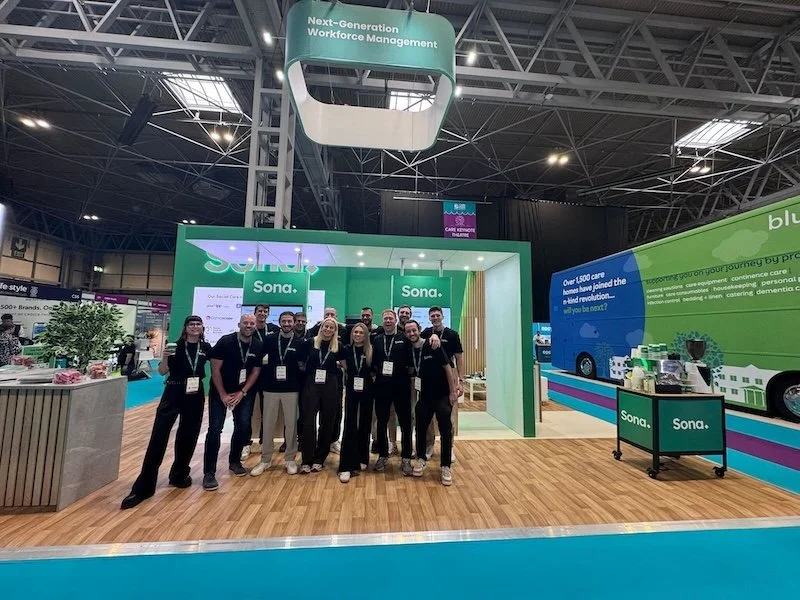


Continue reading…